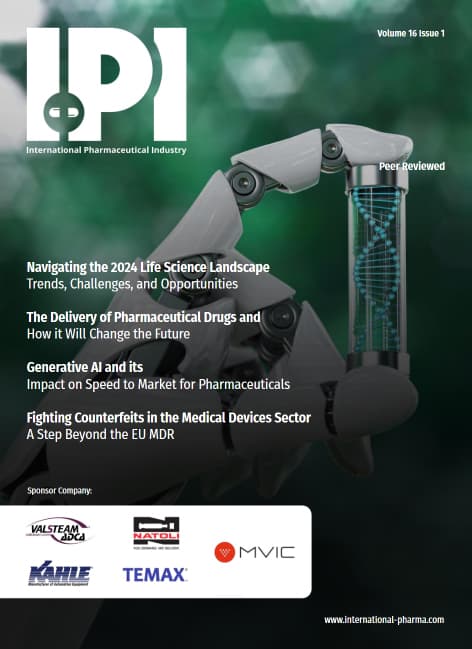Data from the study shows that ACD856 has a potential neuroprotective effect in a cellular mode.
AlzeCure – a company that develops a broad portfolio of small molecule candidate drugs for diseases affecting the central nervous system – has released data.
The abstract demonstrates new preclinical data with the company’s leading drug candidate NeuroRestore ACD856, which is being developed with a focus on Alzheimer’s disease.
The abstract – ACD856 improves mitochondrial function and increases BDNF levels in primary cortical neurons – was presented by Pontus Forsell, head of research and discovery at AlzeCure, and includes new preclinical data on ACD856, the lead drug candidate in the NeuroRestore project.
Data from the study shows that ACD856 has a potential neuroprotective effect in a cellular model of nerve injury. These protective properties are believed to be mediated by an improved mitochondrial function and a protective effect on the structure of the cell, which has been demonstrated in the presented studies. Furthermore, ACD856 also increases the release of Brain-Derived Neurotrophic Factor (BDNF) from the cells, something that is believed to further enhance these positive effects.
ACD856, which is a positive modulator of mediated signalling, has been demonstrated in preclinical studies to improve cognition and memory and is ready for phase 2 clinical studies, where it is being developed primarily for the treatment of Alzheimer’s disease.
“This new data demonstrates potential disease-modifying effects of ACD856, in addition to the positive effects we have seen on memory and learning. The neuroprotective properties we see are important, as dysfunction and loss of neurons correlate strongly with impaired function in Alzheimer’s patients,” reflected Forsell.
“We are very excited about the new results with ACD856, which significantly strengthen the commercial potential of the project. It also opens up possibilities for new indication areas,” added Martin Jönsson, chief executive officer of AlzeCure.
























